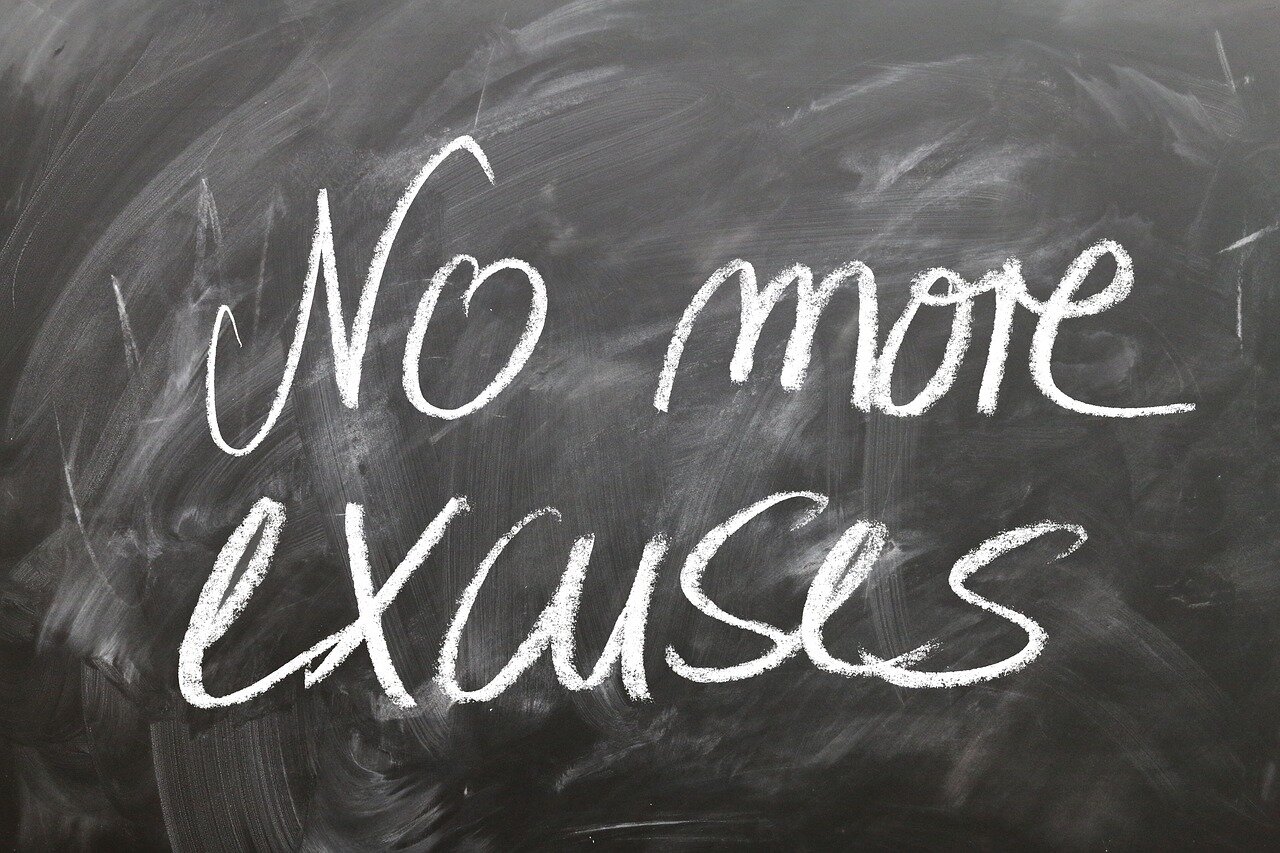At New Year people traditionally make resolutions, usually what they’re going to start or give up. Here’s some suggestions of things that can cause us (and our health) harm and might be worth considering trying to give up.
Stress. There is a reason that stress is the first thing on my list: if there’s one thing guaranteed to cause lupus to flare (and is listed as one of the causes of lupus) it’s stress. It’s very hard to avoid it altogether but the following list of things to give up will also help keep stress at bay. Try not to ‘sweat the small stuff’ we often let silly day to day issues get out of control and make us stressed. Next time someone does something silly that annoys you try counting to 10 before getting stressed over it.
Letting the opinion of others control your life. Yep guilty as charged! I always say I’m not bothered what people think but that’s not generally true. I know that the only thing that really matters is what you think about yourself, but it’s difficult to not be concerned about what others think. You should do what’s best for you and not others, a lesson I should bear in mind.
Self defeating talk. Try to dismiss the negative thoughts that creep into your mind. They tell you that you’re not worthy or that you shouldn’t try something as you’ll fail. Push the thoughts away, they’re only thoughts not reality. Change ‘I can’t’ to ‘I can’, who knows perhaps you actually can and if you can’t, at least you gave it a go..
Complaining/constantly being negative. I’m a great believer in the fact that you draw things to you, so if you’re always saying things like I never win competitions that will become a fact. We’re all allowed an odd moan, but if you’re always negative and complaining, it’s likely to make your life miserable and even impact on others. As the song says: always look on the bright side of life. If you’re about to complain or make a mean comment, stop and count to 10 or 20, even if you’re ‘only saying it online’, the comment is there forever and reflects back on you, is that how you want people to view, you as mean or always negative?
The Japanese have something they call Ikigai which is usually used to indicate the source of value in one's life or the things that make one's life worthwhile – the reason for getting up in the morning. Start looking for your Ikigai in things which you already do. You may now say but I have a chronic illness why should I be positive? Does being negative make your illness any better? No? Then why be negative when it’s not going to help at all?
Making excuses. Is it time to try making changes for the sake of your health? Things such as stopping smoking, drinking to excess, looking at how healthy your diet is? Trying a little exercise? All these things are really hard, but the benefits of doing them are guaranteed to improve how you feel physically and mentally.
This is one particular area that I’m very good at and have practiced what I preach for many years, as Professor D’Cruz would attest. If there is any alternative to medication that will help any of my conditions, I will try it, no matter how difficult or how much effort is required. I am more frightened of being old and not able to carry on a normal life than I am by the effort and dedication required to make changes. You could start with small changes and work your way up to the larger changes or do what I do and launch yourself into a change you know will benefit you and your health. Change can be good, don’t be frightened of it.
Always looking back. That’s either looking back on past failures and replaying them in your mind or looking back at your life before lupus. Your life has changed, the best thing you can do now is live in the moment and appreciate everything you have now, make peace with your past then move on. “You Can’t Start the Next Chapter of your Life if You Keep Re-Reading the Last One” – anonymous. Toxic people. That means anyone that doesn’t enhance your life. Do they continually criticise you? Do they give you no support or encouragement even though you struggle with a chronic illness? Do they belittle you or your efforts, make you cry, stress you out or make you feel bad about yourself ? Do you feel like you walk on eggshells when you’re with them, for fear of upsetting them? If so you should consider whether they deserve to be part of your life, a difficult decision but in the long term it may be a good one to say no, they don’t belong in my life. “Surround yourself with people who are going to take you higher.” - Oprah Winfrey
Comparing your life to others. This is something we all do and the advent of social media has made things worse. We see glamorous shots of perfect people living perfect lives and feel envious, of course this is all nonsense, we are only privy to the perfect moments not the day to day reality. Comparing our lives to others is a slippery slope, even comparing your life to other people with lupus is a mistake we can make, as you know every lupus patient is very different, we all have different levels of severity of lupus and therefore different capabilities.
Feeling guilty. I’ve said it many times, you should not feel guilty that you have lupus, you didn’t cause it and you can’t control it. You should not feel you’re a burden – you have a burden you are not a burden. You can’t help the fact you may have to cancel at the last minute or are unable to make plans in advance. Take a look at our previous blog on the burden of guilt..
Saying yes too often. Humans by nature want to please others so we often say yes not wanting to upset people. However, when your energy is limited, saying yes to everything will only lead to disaster for your health. You need to learn how to (politely) say no to things that you either know will exhaust you or are not the best use of your precious energy supply.
Take care of yourselves. Happy New Year!
Angie Davidson
The content on this blog should not be seen as a substitute for medical advice. If you have, or think you may have lupus, always seek advice from a qualified physician. Find out more in our Terms of Use.






